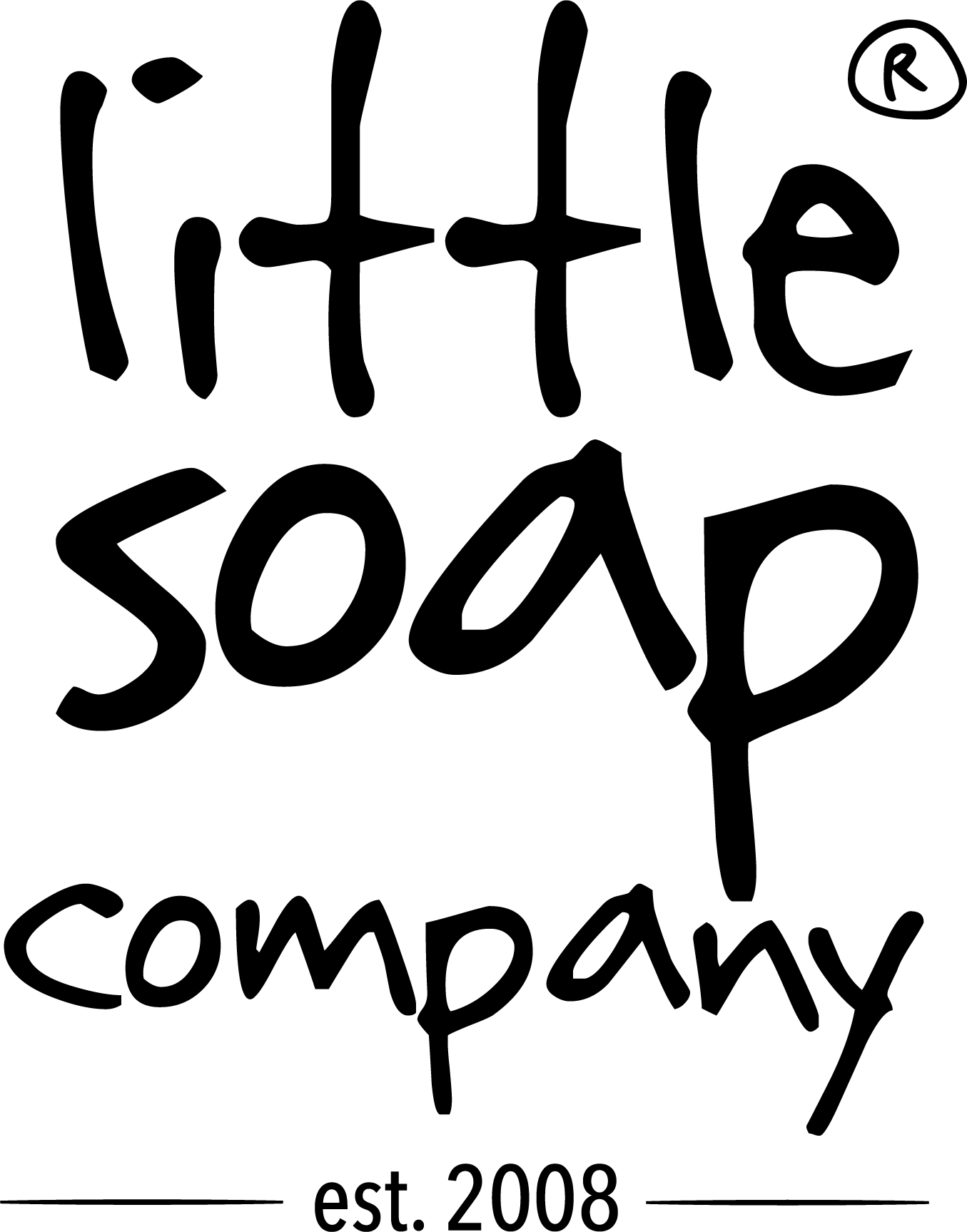

Little Soap Company

Worcestershire, United Kingdom
October 2020
Personal care products
Wholesale/Retail
United Kingdom
Nestling in the North Cotswold hills, the eco-savvy Little Soap Company provides skin with the richest, finest, and most naturally wholesome soap that they believe possible. Their founder Emma rigidly believes the business of a business is to improve the world. Since 2008 she has been on a mission to bring bar soap back and rid bathrooms and wash bags from unnecessary synthetics and plastic bottles. Way ahead of its time, the heritage of Little Soap Company paved the way becoming the first organic soap to hit the supermarket shelf in 2010 with its Organic range, then the first organic pet grooming range with Little Beast, followed by then creating the first naturally derived soap range Naturals to enter the major retailers in 2015. Their latest, the first functional bar soap range, Eco Warrior hit the shelves in 2019. And so, to the present day… a time now when bar soap couldn’t be any more important and understood. They have these four key brands under their belt, all-encompassing the same ethos and claims meaning all need states and budgets can have a clean conscience as they wash.
Overall B Impact Score
Governance 15.5
Governance evaluates a company's overall mission, engagement around its social/environmental impact, ethics, and transparency. This section also evaluates the ability of a company to protect their mission and formally consider stakeholders in decision making through their corporate structure (e.g. benefit corporation) or corporate governing documents.
What is this? A company with an Impact Business Model is intentionally designed to create a specific positive outcome for one of its stakeholders - such as workers, community, environment, or customers.
Workers 22.0
Workers evaluates a company’s contributions to its employees’ financial security, health & safety, wellness, career development, and engagement & satisfaction. In addition, this section recognizes business models designed to benefit workers, such as companies that are at least 40% owned by non-executive employees and those that have workforce development programs to support individuals with barriers to employment.
Community 26.8
Community evaluates a company’s engagement with and impact on the communities in which it operates, hires from, and sources from. Topics include diversity, equity & inclusion, economic impact, civic engagement, charitable giving, and supply chain management. In addition, this section recognizes business models that are designed to address specific community-oriented problems, such as poverty alleviation through fair trade sourcing or distribution via microenterprises, producer cooperative models, locally focused economic development, and formal charitable giving commitments.
Environment 21.6
Environment evaluates a company’s overall environmental management practices as well as its impact on the air, climate, water, land, and biodiversity. This includes the direct impact of a company’s operations and, when applicable its supply chain and distribution channels. This section also recognizes companies with environmentally innovative production processes and those that sell products or services that have a positive environmental impact. Some examples might include products and services that create renewable energy, reduce consumption or waste, conserve land or wildlife, provide less toxic alternatives to the market, or educate people about environmental problems.
What is this? A company with an Impact Business Model is intentionally designed to create a specific positive outcome for one of its stakeholders - such as workers, community, environment, or customers.
Customers 4.7
Customers evaluates a company’s stewardship of its customers through the quality of its products and services, ethical marketing, data privacy and security, and feedback channels. In addition, this section recognizes products or services that are designed to address a particular social problem for or through its customers, such as health or educational products, arts & media products, serving underserved customers/clients, and services that improve the social impact of other businesses or organizations.